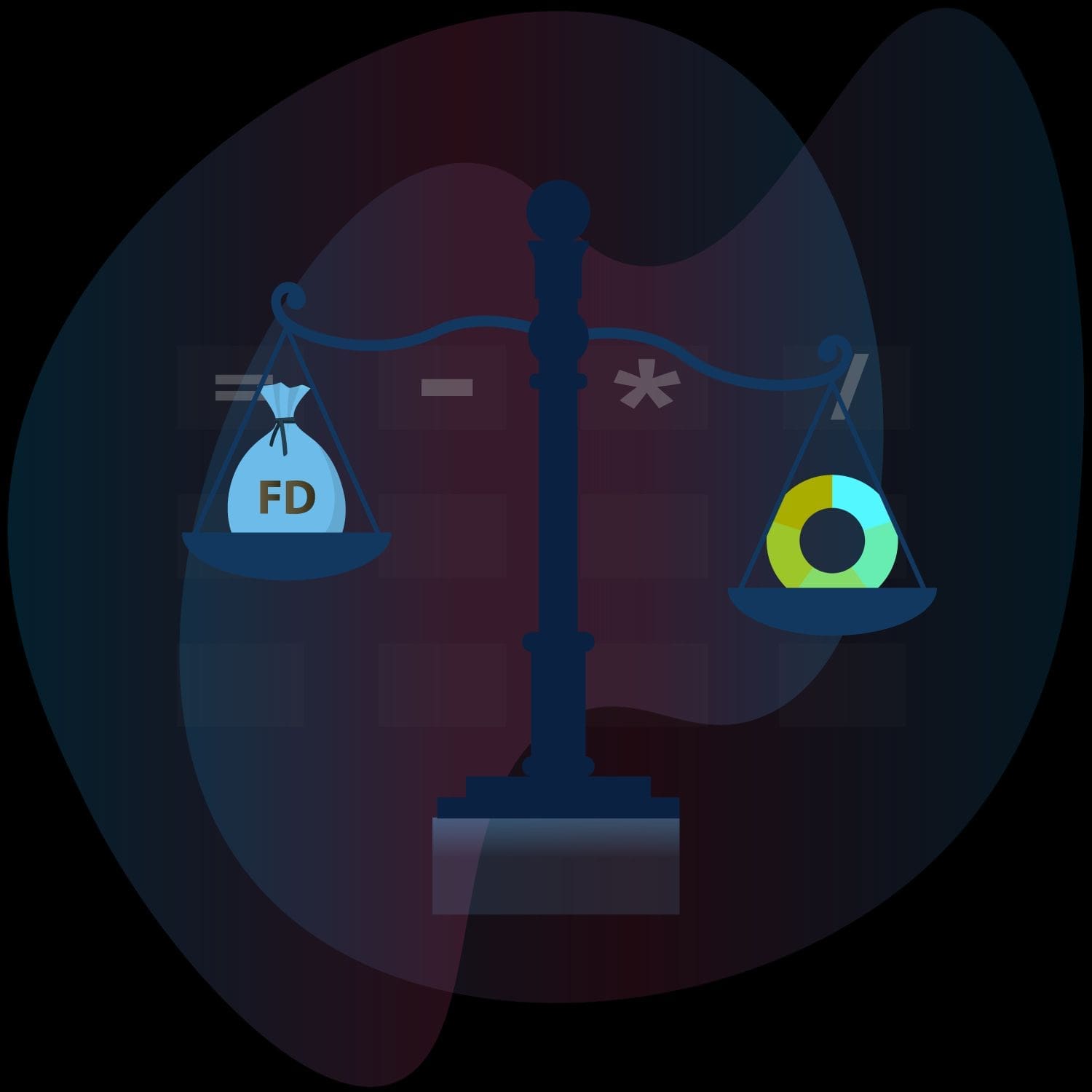
Nowadays, both fixed deposits (FDs) and stocks are popular investment options. However, they are fundamentally different when it comes to their risks and returns.
If you are confused about which investment avenue to select, we are here to give you an in-depth understanding of both options. Make the right decision after knowing all the relevant pros and cons.
Fixed deposits
An FD account allows you to invest your money for a fixed amount of time as per your requirements. You can invest in either cumulative or non-cumulative FDs. In the case of a cumulative deposit, the FD rate is compounded annually. However, for non-cumulative deposits, the interest rate is compounded annually, semi-annually, quarterly, or monthly.
A fixed deposit offers you the flexibility of choosing your investment tenure. Non-banking financial companies like Mahindra Finance allow you to invest for a tenure ranging from one year to five years. You can also take a loan against the FD or break it in case you need money for an emergency. Additionally, fixed deposit interest rates are higher for senior citizens, which makes it a preferred investment option.
Furthermore, such an instrument offers pre-decided FD interest rates, which means that your returns are not dependent on volatile market conditions. If the financial market stumbles for any reason, your investment will still be secure and your returns assured. Many investors opt for FDs due to this inherent stability.
Stocks
When you invest in a stock, you are placing your funds in a company, so your returns depend on both the organization’s performance and the market situation. This makes stocks quite a risky investment option. Even the most experienced risk-takers can lose money if the company value depreciates during unforeseen circumstances.
Investing in stocks offers you the opportunity to earn high returns; however, you need to take the risk factor into account. Another point to note is that investing in stocks requires your continuous involvement and pro-activeness. You need to regularly study the market and stay abreast of all news, updates, and regulations to ensure that you are making the right investment moves.
Why Fixed Deposits have an edge over stocks
Even if you are in favor of investing in stocks, park only a small portion of your money in them. You can invest the rest in an FD to diversify your investment portfolio and balance the risk factor. With an easy-to-meet fixed deposit eligibility criteria, you can put your money in your preferred FD type and remain tension-free, allowing your investment to grow with time. With minimal involvement, you can earn stable returns.
To sum up, all of the aforementioned advantages make a fixed deposit a much better and safer investment option than stocks.

Be the first to comment